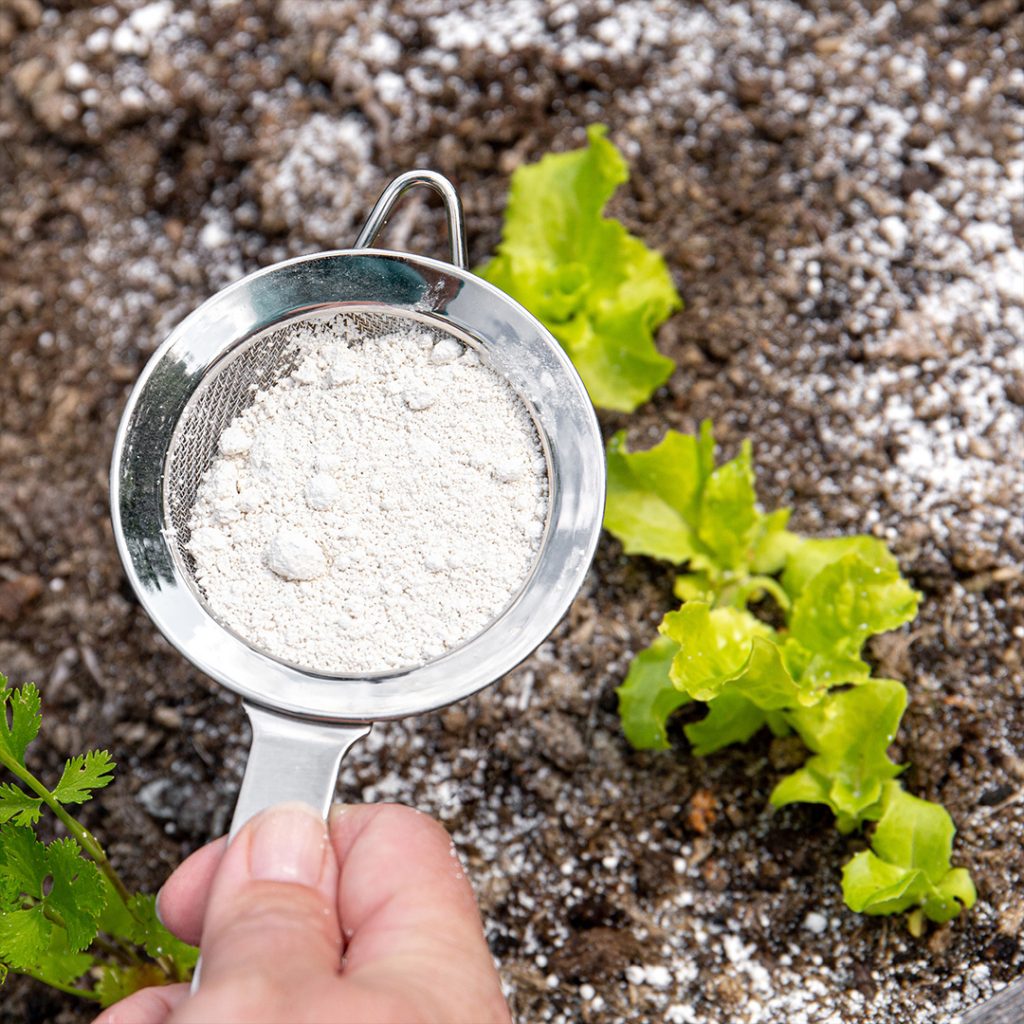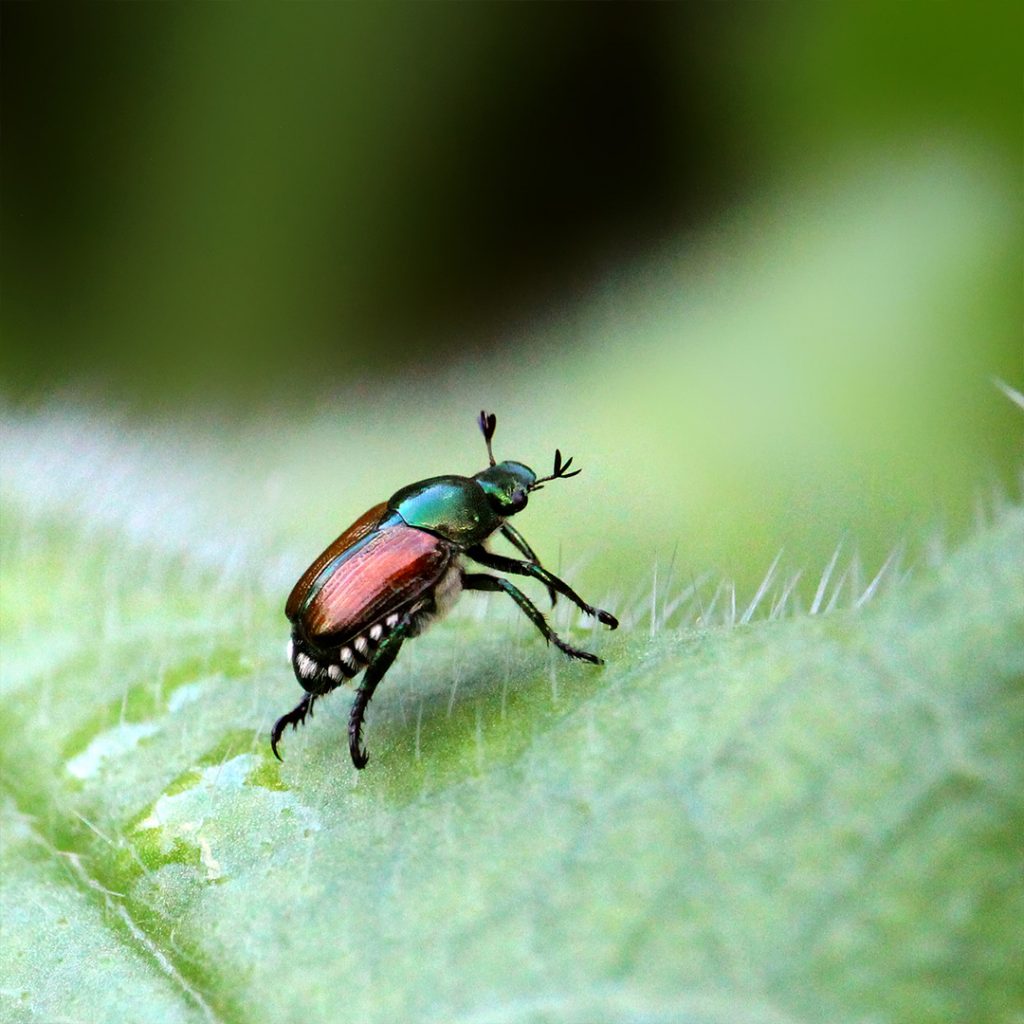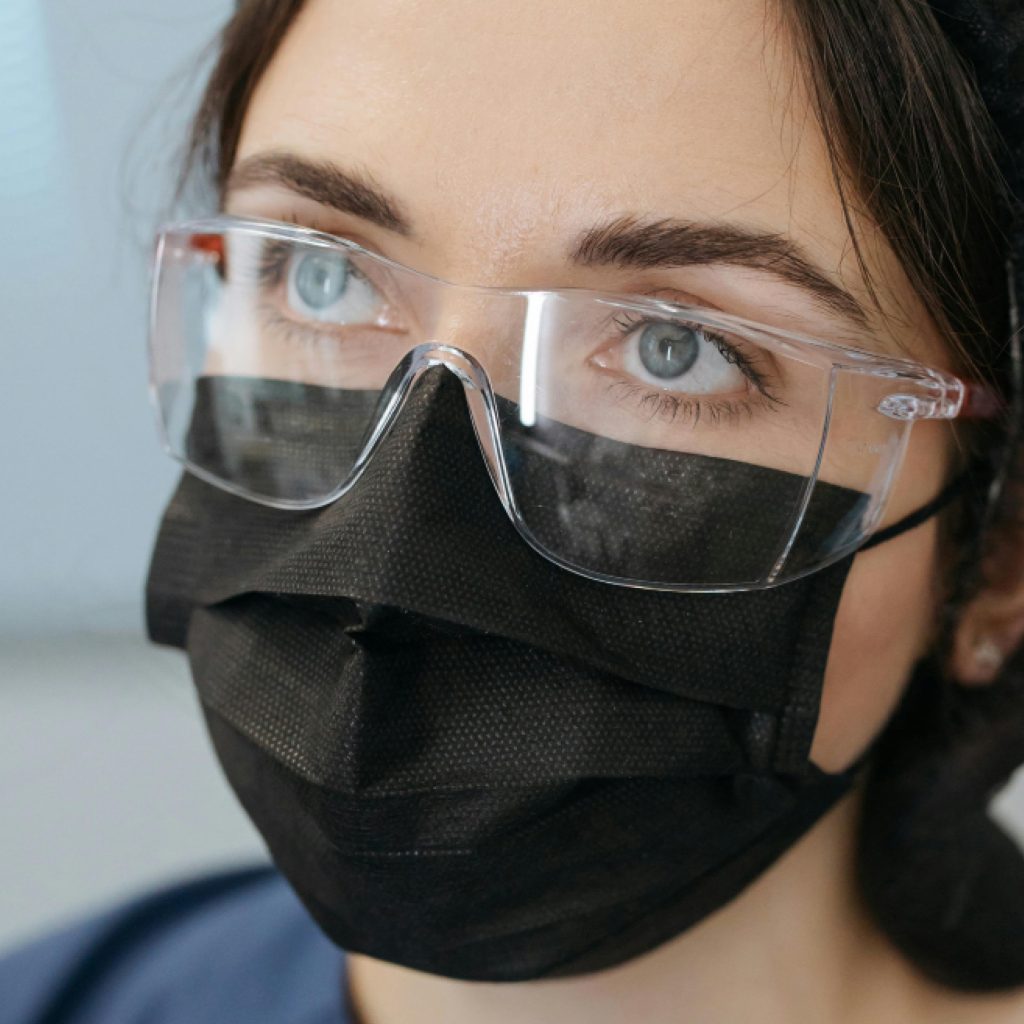Organic pest control using diatomaceous earth. Let’s talk about it.
Most gardeners, especially those growing their own food, want pest control methods to bring their garden to fruition as safely as possible. Diatomaceous earth is deemed safe for organic gardening, but is it the right pest control for you?
What is Diatomaceous Earth
Diatomaceous Earth (referred to as DE in this article) is packaged as a soft, white powder similar in appearance to baking flour. It is sold in garden centers as an insecticide for the home and garden. DE is made from pulverized fossilized algae called diatoms (from which it derives its name), whose cells are contained in a silica wall.
Types of DE
DE may be used both indoors and outdoors for pest control, but this is not its only use. DE is also employed in pool filtration systems, as a kitty litter additive, as a human detox product, and for various other purposes. There are different grades of DE, too: filter, feed, and food grade. It is important to select only food-grade DE for home and garden use.
How Does DE Work?
For most insects, DE does not act as a repellent; it is an insecticide, yet DE is not a poison. As an insect comes in contact with DE, the silica sticks to the pest and causes it to dehydrate. Imperceivable to us, the sharp edges of the ground diatoms cut into the insect’s exoskeleton and speed up the drying-out process. Contrary to popular belief, DE generally does not kill slugs; they seem to avoid it, so it is better used as a barrier around plants that slugs prefer.
What Home and Garden Insects Does DE Kill?
DE will not kill insects at the same rate; for example, DE will kill ants in one day and most beetles in two weeks, while fleas with multiple life cycles will take longer. DE is effective in killing:
- Ants
- Aphids
- Armyworms
- Bedbugs
- Beetles
- Centipedes
- Crickets
- Earwigs
- Fleas
- Fungus gnat larvae
- Grasshoppers
- Millipedes
- Mites
- Roaches
- Silverfish
- Sow bugs
- Spiders
- Termites
- Thrips
- Ticks
How is DE Applied?
DE is applied to the soil or lawn surface according to the manufacturer’s instructions. Leaves may be dusted with DE if they are being eaten. Never apply DE to or near a plant’s flower, as pollinators may come in contact with it, and DE does not discriminate between good and harmful insects.
Is DE Safe?
DE is considered safe for humans and wildlife; however, caution should be taken when applying it. It is essential to wear a mask and goggles when applying DE as it can irritate the soft membrane of the lungs and eyes due to its sharp particles.
DE Pros and Cons
Pros
- It is approved for organic gardening.
- It is derived from naturally occurring material and contains no chemicals.
- Insects will not build up immunity to DE.
- It is low cost.
Cons
- It does not discriminate between good and harmful insects.
- It must be reapplied after a rain or overhead irrigation.
- Wind can blow it away.
- Extra precautions must be taken in the home around small children and pets.
Diatomaceous Earth is an effective broad-spectrum insecticide commonly accepted in organic gardening practices. It contains no chemicals and is non-toxic to humans and wildlife. However, due to its non-selective response to home and garden pests, it may not fit in with your personal insect control practices. It is always best to make sure that you understand the insecticidal products that you choose and the insects that you wish to control in order to make the best and safest decisions for your family and the environment. YOUR GARDEN CENTER is here to assist you with your pest knowledge and product selection.



